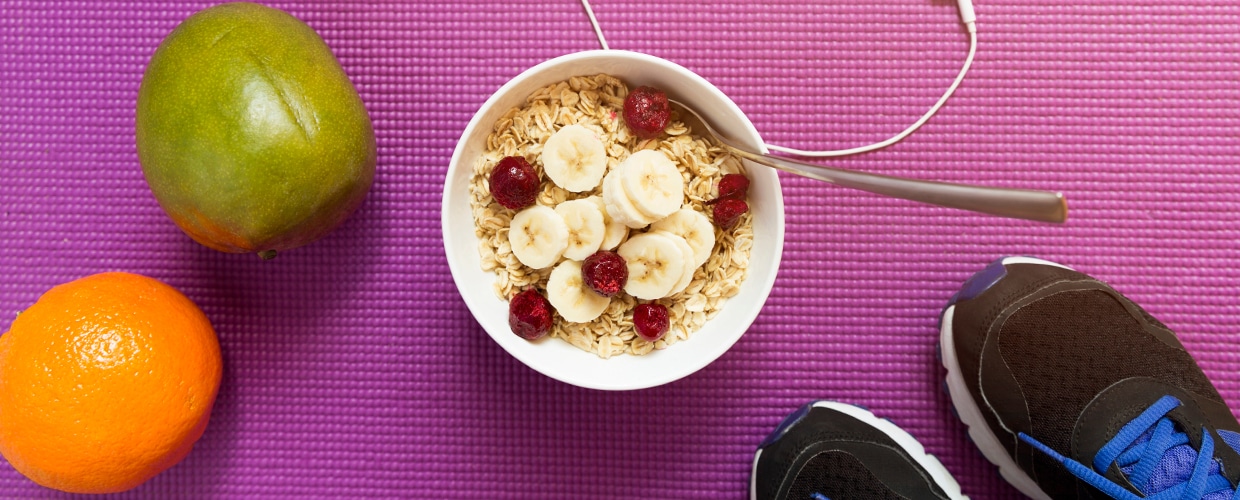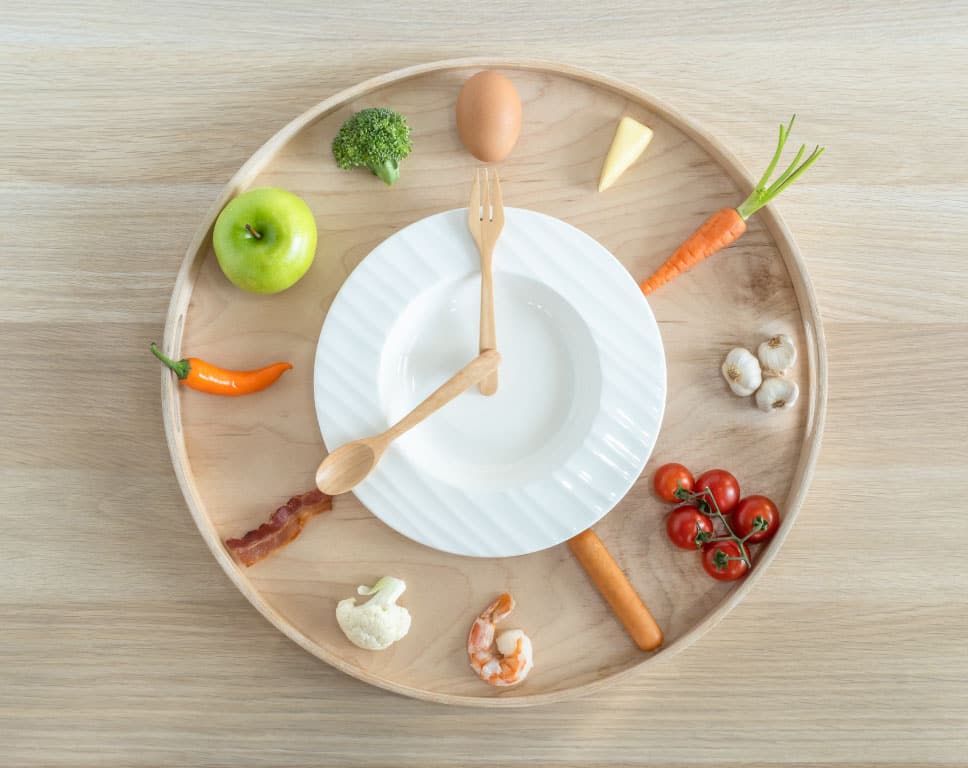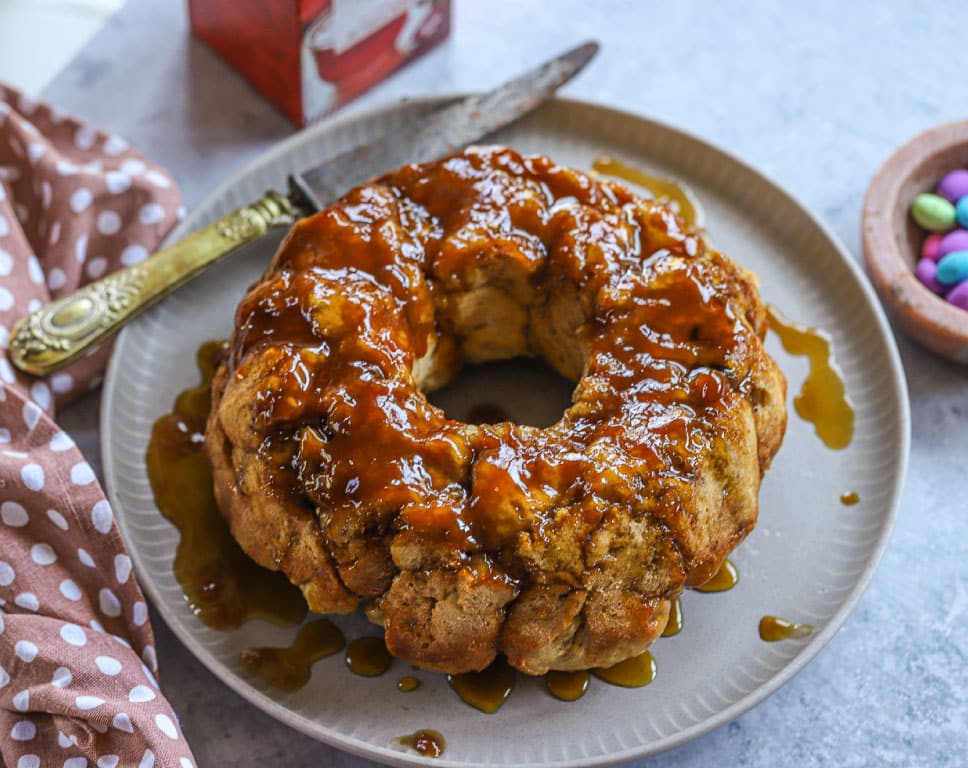Steadfast adherence to a balanced and calorie-controlled eating plan is the foundation on which all successful and sustainable weight-loss efforts are built.
But all our hard work and commitment can come undone by unplanned snacking on poor quality foods throughout the day, as we can easily consume excess calories or increase hunger levels.
Here are 5 tips to help you curb that destructive snacking habit to keep your health and waistline in check:
#1: Fill up on fibre
Research has shown that people with fibre-rich diets tend to carry less fat and have a lower body mass index. This is because fibrous foods take longer to chew, they digest slower and take up more space in the stomach, which makes you feel full for longer. This will help to curb those hunger pangs between meals.
#2: Eat every three hours
Many dietitians and nutritionists recommend eating every 3-4 hours to keep your metabolic rate high and sustain energy levels. Fuelling your body with smaller, more balanced meals throughout the day can also help you to avoid binge eating and food cravings.
However, portion control and eating the correct foods are essential for losing weight and fat on a four-to-six-meal-a-day eating plan, otherwise, you risk gaining weight.
#3: Cut out processed carbs
Although processed carbohydrates often taste good, they are hard for the body to digest and they spike blood sugar levels, which is then followed by a drop in blood sugar. This sugar level ‘see-saw’ can create extreme cravings and hunger, which often leads to overeating and weight gain.
#4: Pack in more protein
Proteins also take longer and require more kilojoules to digest, which means you burn more energy to process them. Furthermore, protein-rich foods keep you feeling full for longer and help stabilise your blood sugar, preventing dips in energy, hunger and cravings.
#5: Eat mindfully
When we eat under stress or time pressure, it can affect our food choices, and often leads to constant snacking. Distractions while eating can mean that your body fails to recognise when it’s satiated, which can lead to additional snacking, despite having eaten an entire meal.
A great tip is to slow down, breathe and be aware of your feelings before and while eating. Be cognizant of how hungry you are and be mindful of the food choices you make. Chew slowly, savour the taste, flavours and textures of what you are eating and notice how satiated you feel with each bite.
This article by Julia Lamberti-Morreira was adapted from a feature that first appeared in Fitness magazine.















